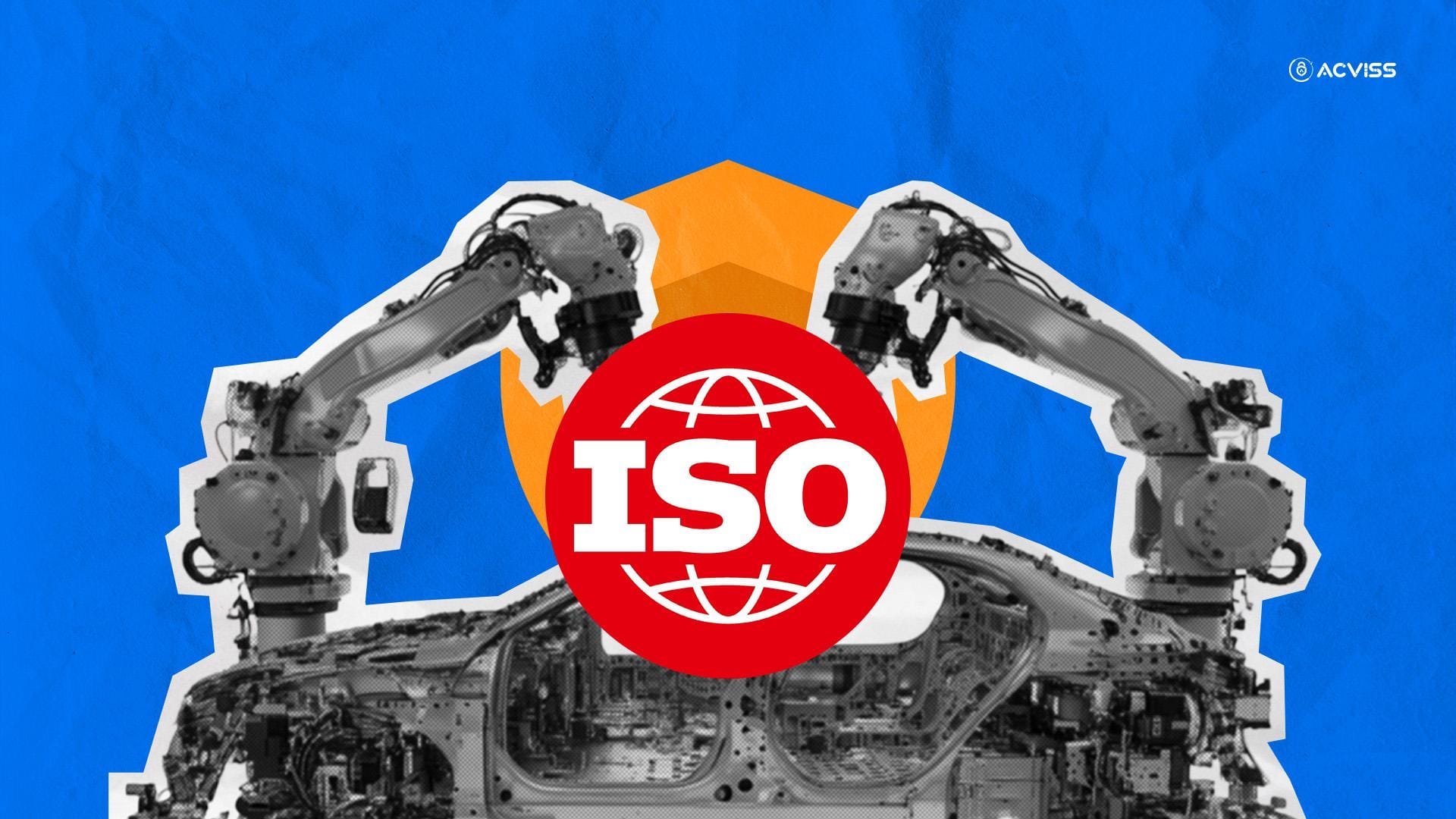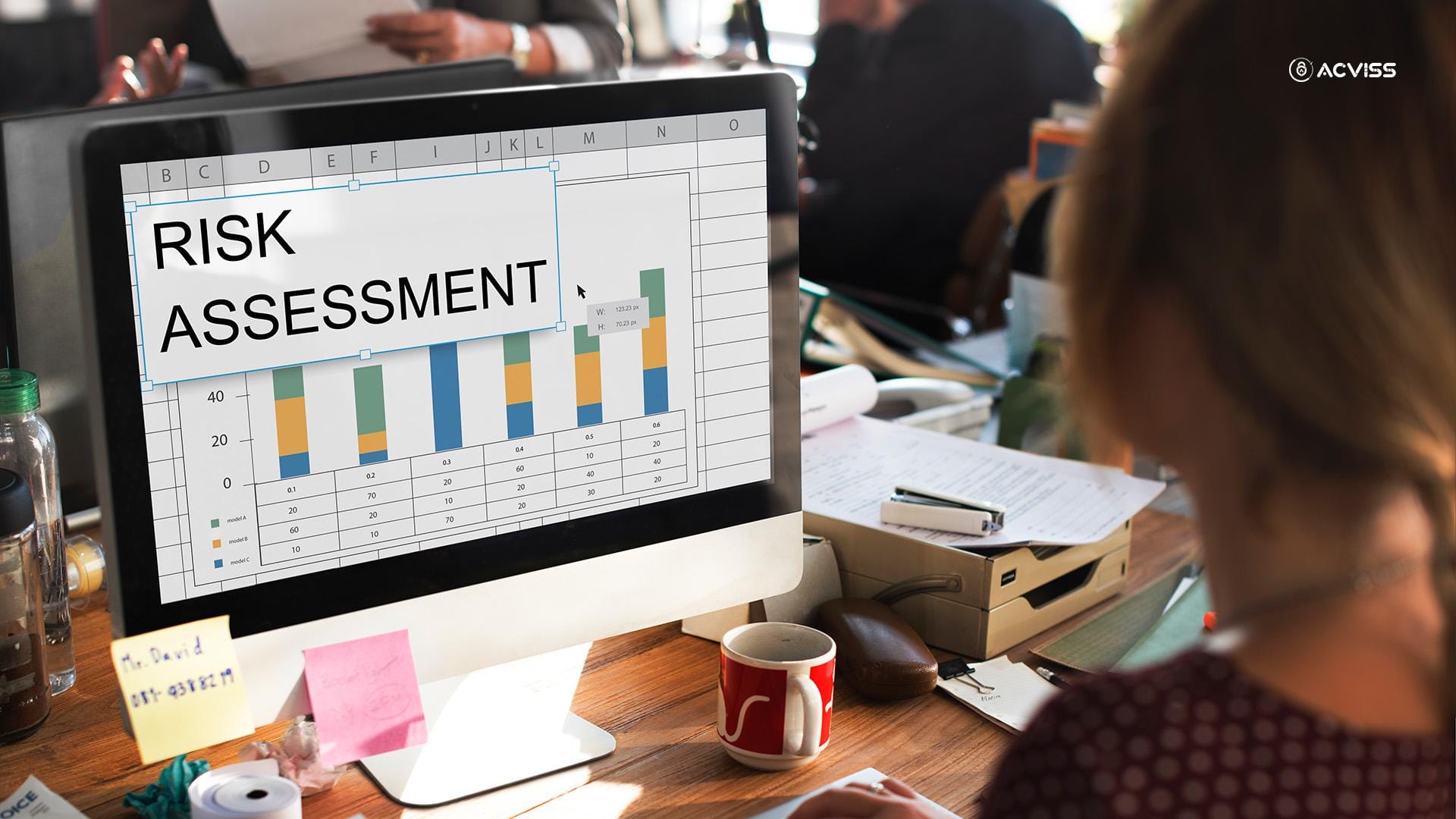ISO 22383:2020 in the Automobile Industry: Strengthening Anti-Counterfeiting Protection

The automobile industry stands as a beacon of innovation and engineering excellence, yet it is persistently plagued by one of the most insidious threats in global commerce, counterfeiting. Counterfeit auto parts not only erode brand value but also pose severe safety risks to consumers, leading to potential vehicle malfunctions, accidents, and even fatalities. The ISO 22383:2020 standard, designed as a guiding framework for anti-counterfeiting measures, provides structured methodologies for organisations to strengthen their authenticity protection strategies. With the automotive sector facing an influx of counterfeit components, the adoption of ISO 22383:2020 is becoming not just a recommendation but a necessity.
Understanding ISO 22383:2020 and Its Relevance to the Automobile Industry
ISO 22383:2020 is an internationally recognised standard that establishes guidelines for developing, implementing, and maintaining anti-counterfeiting measures. It outlines risk-based approaches that help organisations assess threats, identify vulnerabilities, and deploy robust authentication mechanisms to secure their products. The automobile industry, where the supply chain spans multiple geographies and involves numerous suppliers, finds this framework particularly valuable.
Counterfeit automotive parts infiltrate the market through illicit supply chains, parallel imports, and unverified aftermarket channels. These fake components often mimic genuine products so convincingly that even experienced mechanics and dealers struggle to differentiate them. From counterfeit brake pads and airbags to fake electronic components and lubricants, the risks of using substandard parts are catastrophic. ISO 22383:2020 enables automobile manufacturers, suppliers, and regulators to develop stringent anti-counterfeiting frameworks that mitigate these risks through proactive strategies.
Risk Assessment and Counterfeit Prevention Strategies

A core aspect of ISO 22383:2020 is risk assessment, where organisations identify vulnerabilities within their supply chain. Automotive manufacturers must evaluate the likelihood and impact of counterfeit parts entering different stages of production and distribution.
Counterfeit prevention measures include:
- Multi-layered authentication: Security features such as tamper-proof labels, non-cloneable security codes, and digital verification systems help authenticate genuine parts.
- Track-and-trace technology: Blockchain-powered traceability solutions and AI-driven serialisation systems enable real-time monitoring of automotive components.
- Data analytics and AI surveillance: Advanced algorithms detect suspicious patterns in supply chain transactions, identifying potential counterfeit sources.
- Collaboration with law enforcement: Manufacturers can work with regulatory authorities to identify and dismantle counterfeit networks.
Companies like Acviss provide AI-powered anti-counterfeiting solutions that integrate unique, non-cloneable digital labels to verify the authenticity of automotive parts. These solutions align with ISO 22383:2020 standards, ensuring robust protection against counterfeiting.
Supply Chain Security and Verification Mechanisms
One of the most critical aspects of ISO 22383:2020 in the automotive sector is its emphasis on supply chain security. The automobile industry operates on an extensive global supply chain, where parts are sourced from multiple vendors before reaching assembly plants and dealerships. This complexity presents ample opportunities for counterfeiters to introduce fake parts into legitimate supply streams.
To combat this, ISO 22383:2020 recommends stringent supplier verification protocols. Automobile manufacturers must establish strict supplier selection criteria, ensuring that only authorised vendors are part of the procurement network. Regular audits, certification requirements, and digital verification systems help in maintaining the integrity of supply chains.
Incorporating real-time verification mechanisms further strengthens authenticity protection. QR codes, RFID tags, and NFC-enabled verification allow manufacturers, dealers, and even consumers to authenticate parts instantly. Integrating these measures into mobile apps and online portals provides an efficient way to distinguish genuine parts from counterfeits.
Legal Compliance and Global Regulatory Alignment

Beyond securing supply chains and implementing anti-counterfeiting technologies, ISO 22383:2020 aligns with international regulations governing authenticity protection. Governments worldwide have enacted stringent anti-counterfeiting laws, making compliance a key priority for automobile manufacturers.
For instance, the European Union’s Intellectual Property Rights Enforcement Directive mandates that companies take proactive measures against counterfeiting. Similarly, the United States’ Stop Counterfeiting in Manufactured Goods Act enforces criminal penalties for selling fake automotive parts. ISO 22383:2020 serves as a framework that aligns with these regulations, ensuring that organisations not only protect their brand but also comply with evolving legal requirements.
Moreover, customs authorities and regulatory agencies globally are integrating advanced authentication technologies to detect counterfeit automotive parts at ports and entry points. Adopting ISO 22383:2020, manufacturers can collaborate with regulatory bodies, ensuring seamless verification processes that prevent counterfeit goods from entering legitimate markets.
Consumer Awareness and Market Education
Counterfeit automotive parts continue to thrive in markets where consumers lack awareness of authenticity verification. Many vehicle owners unknowingly purchase fake components, assuming they are getting a genuine deal at a lower cost.
Ways to enhance consumer awareness:
- Brand-led educational campaigns: Automotive companies should educate consumers about the risks of counterfeit parts and how to verify genuine products.
- Digital verification tools: Mobile apps and online platforms that allow buyers to authenticate parts before purchase.
- E-commerce authentication partnerships: Collaborating with online marketplaces to certify authorised sellers and remove counterfeit listings.
- Engaging after-sales services: Ensuring that all replacement parts sold through authorised service centres meet ISO 22383:2020 standards.
Acviss, through its Truviss solution, helps brands identify counterfeit listings on online marketplaces and remove fake products from digital platforms, further protecting consumers from purchasing counterfeit auto parts.
Future-Proofing the Automotive Industry Against Counterfeiting

The implementation of ISO 22383:2020 is not a one-time initiative but a continuous process that evolves with technological advancements. As counterfeiters employ more sophisticated methods to replicate genuine products, the automobile industry must stay ahead through innovation.
The integration of AI-driven anti-counterfeiting solutions, such as machine-learning algorithms that detect anomalies in supply chain data, provides an additional layer of security. AI-powered image recognition tools can analyse product packaging, labelling, and structural differences to flag potential counterfeit components. These innovations, when aligned with ISO 22383:2020 guidelines, create a dynamic and adaptable authenticity protection framework.
Furthermore, collaborations between automobile manufacturers, technology providers, and regulatory bodies will shape the next phase of anti-counterfeiting measures. The development of industry-wide blockchain networks, where each component’s journey is immutably recorded, will revolutionise traceability and authentication.
Conclusion
ISO 22383:2020 stands as a formidable standard in the fight against counterfeiting in the automobile industry. As counterfeiters refine their tactics, the need for proactive and adaptable anti-counterfeiting measures has never been greater. The automobile industry must view ISO 22383:2020 not just as a compliance requirement but as a strategic advantage in maintaining product integrity, regulatory alignment, and consumer trust. In a sector where safety is paramount, authenticity protection is not merely an option—it is an obligation.
Get in touch with us today to learn more about securing your brand's authenticity and boosting your growth in the global marketplace.
